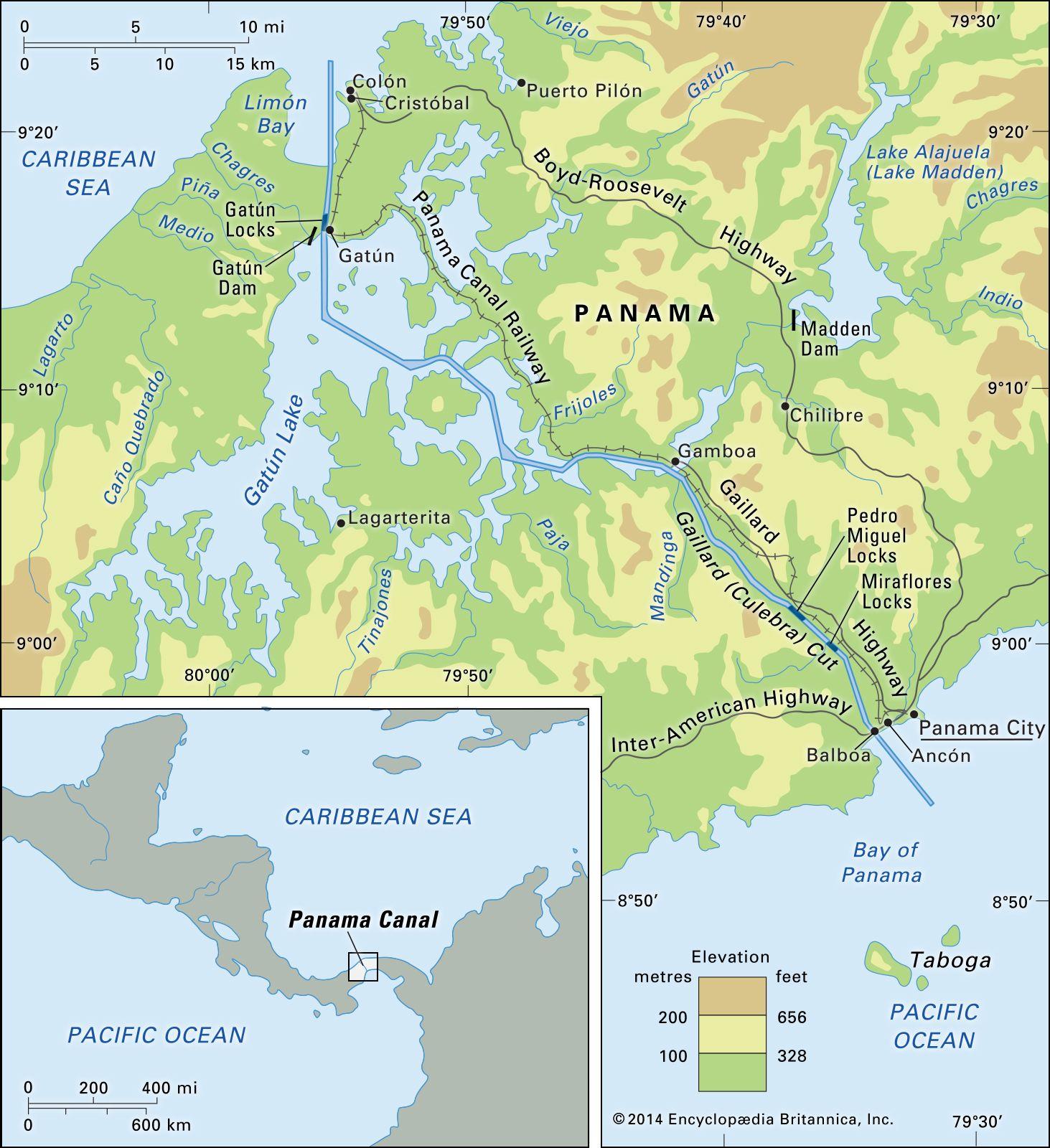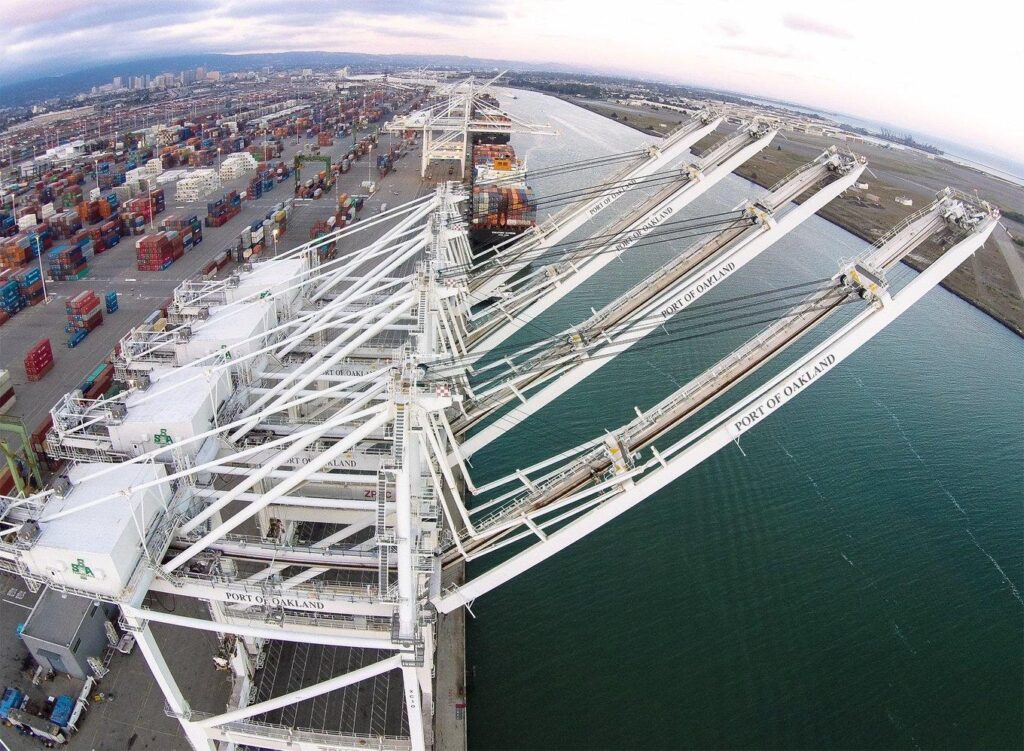In the swirling geopolitical tempest where diplomatic tensions simmer and territorial pride boils, Mexican President Andrés Manuel López Obrador has stepped forward with a fiery declaration that echoes through the diplomatic corridors. Following a provocative statement from former U.S. President Donald Trump, the Mexican leader has unequivocally asserted that the Panama Canal—a marvel of engineering and a strategic global waterway—belongs unambiguously to the Panamanians. His bold proclamation cuts through the noise of international speculation, drawing a clear line in the maritime sand and reaffirming national sovereignty in an era of complex geopolitical negotiations. In a diplomatic landscape fraught with tension, Mexican President Andrés Manuel López Obrador addressed recent comments made by former U.S. President Donald Trump, firmly asserting Panama’s sovereign rights over the strategic waterway that connects the Atlantic and Pacific Oceans.
The geopolitical drama unfolded after Trump suggested potential U.S. intervention in the canal’s management during a recent campaign rally, sparking immediate diplomatic pushback from Latin American leaders. López Obrador’s statement came as a robust defense of regional autonomy and international sovereignty.
Diplomatic sources reveal that Trump’s remarks centered on strategic control and potential military positioning, suggesting the canal could be a leverageable asset for U.S. interests. However, Panamanian and Mexican leadership have swiftly and categorically rejected such implications.
Historical context is crucial in understanding the sensitivity surrounding the canal. After decades of U.S. control, Panama regained full sovereignty in 1999, marking a significant moment of post-colonial independence. The waterway represents not just a critical maritime route but a symbol of national pride and self-determination.
Strategic experts note that the canal handles approximately 6% of global maritime trade, making it an essential economic corridor. Its significance extends beyond mere transportation, representing complex geopolitical dynamics in the Western Hemisphere.
López Obrador’s intervention signals a united Latin American front against external pressures. By publicly supporting Panama’s territorial integrity, Mexico demonstrates regional solidarity and rejects unilateral interventionist rhetoric.
Panamanian officials have remained diplomatically measured but resolute. Their response emphasizes long-standing international agreements and the canal’s critical role in global maritime commerce.
The incident highlights ongoing tensions between traditional U.S. hemispheric influence and emerging multi-polar geopolitical realities. Latin American nations increasingly assert their independence and reject historical power dynamics that previously marginalized their sovereignty.
Economic analysts suggest such statements could potentially impact future diplomatic and trade relations. The canal’s management involves intricate international protocols, and any suggestion of external interference could provoke broader regional discussions.
While Trump’s comments remain speculative, they have reignited conversations about territorial sovereignty and international maritime governance. López Obrador’s swift and unequivocal response underscores a new era of diplomatic assertiveness in Latin American international relations.
The developing narrative continues to unfold, with global diplomatic circles closely monitoring potential ramifications of these provocative statements and the robust regional response they have generated.
